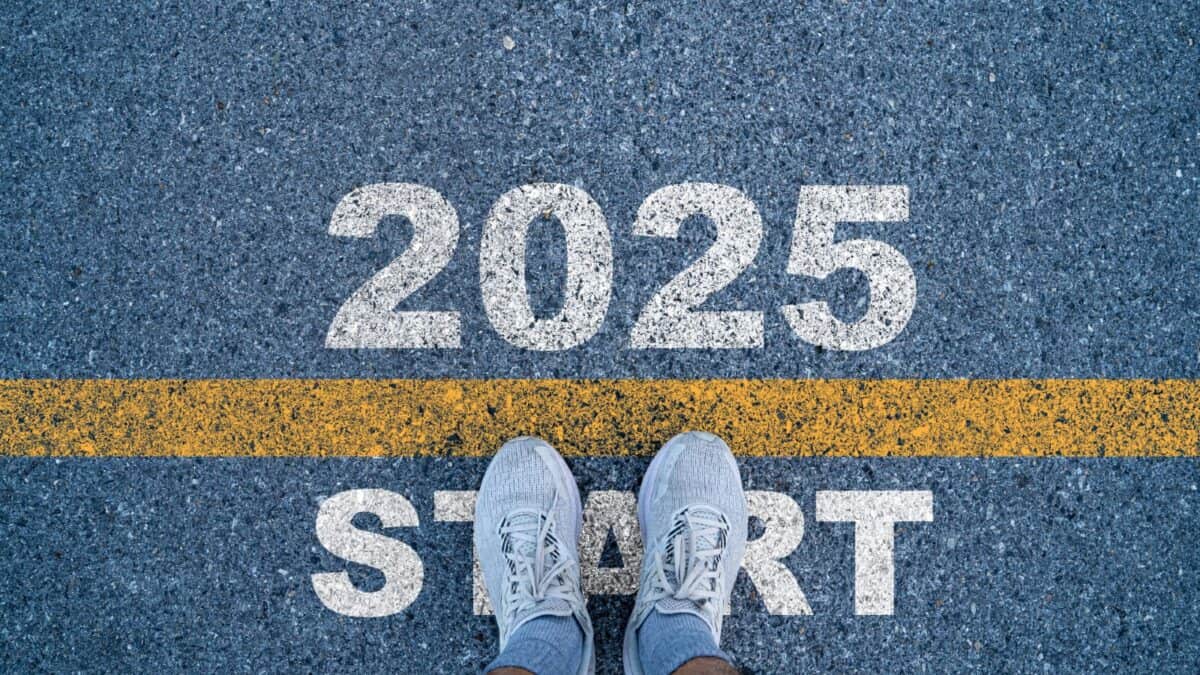Unlock the White House Watch newsletter for free
Your guide to what the 2024 US election means for Washington and the world
Britain has started a consultation with business about possible retaliation against US tariffs, as ministers warned that the country could hit back if Donald Trump does not agree a trade deal in the coming weeks.
Jonathan Reynolds, business and trade secretary, said he was starting a formal four-week consultation on what possible reprisals might be taken — and what products might be targeted — if the UK and US cannot agree a deal to reduce US tariffs.
Sir Keir Starmer told business leaders earlier on Thursday he would redouble efforts to secure a trade deal with the US after early negotiations failed to stop Trump slapping a 10 per cent tariff on all British exports.
There are serious concerns in Downing Street about the impact on the UK economy of a breakdown in global trade, as well as the hit to Britain’s car and steel exporters, which are facing tariffs of 25 per cent.
Reynolds said his priority was to continue with “calm” negotiation. “While some urge escalation, I simply won’t play politics with people’s jobs.”
Starmer and Reynolds believe Trump will do a deal — the draft terms of which are already on the table — but Reynolds said Britain reserved the right to “take any action necessary if a deal is not secured”.
Starmer told business leaders: “Clearly there will be an economic impact from the decisions the US has taken both here and globally. But I want to be crystal clear: we are prepared.”
There was some relief that Britain was subject to the lowest baseline tariff imposed by Trump on Wednesday, which was half the 20 per cent levy on EU exports.
But the tariffs are still likely to cost thousands of jobs across the UK, and eat into the financial headroom set aside by chancellor Rachel Reeves to meet her fiscal rules.
If the UK’s economy is knocked off course by the trade war, the chancellor may be forced to raise taxes or cut government spending later in the year.
Stephen Phipson, chief executive of the manufacturers’ group Make UK, said Trump’s tariffs announcement was “devastating for UK manufacturing”.
Scotland’s deputy first minister Kate Forbes also warned that a 10 per cent tariff could cause £200mn-£400mn of losses to the Scotch whisky industry, which sells about £1bn of exports to the US each year.
William Wemyss, founder of Wemyss Family Spirits that operates Kingsbarns distillery near St Andrews, said: “The US is our single largest export market, and demand remains strong, but tariffs inject real uncertainty, particularly for independent producers like us.”
Starmer faces political danger if he is perceived as refusing to stand up to Trump, when allies such as the EU and Canada are fighting back with retaliatory tariffs.
The fact that Trump has handed Britain a more favourable tariff rate than the EU could also create tensions with Brussels at a time when the UK prime minister is trying to “reset” post-Brexit relations.
The prospect of the EU imposing retaliatory tariffs on the US but the UK refusing to do so throws up a further problem for Starmer: the fallout for Northern Ireland and its sensitive post-Brexit settlement.
The region, which has remained in the EU’s single market for goods under a post-Brexit trading deal, is also part of the UK customs territory and is subject to a complex web of trading rules.
The 10 per cent baseline tariff was also applied to many other countries and largely reflected Britain’s balanced trading relationship with the US, rather than the recent trade talks.
Nevertheless, Downing Street claimed that the prime minister’s diplomacy with Trump had saved thousands of jobs. “We don’t want any tariffs at all, but a lower levy than others vindicates our approach. It matters because the difference between 10 per cent and 20 per cent is thousands of jobs,” said a Number 10 official.
The outline for the US-UK trade deal currently on the table in Washington includes Britain offering to dilute or scrap its digital services tax and a reduction on some meat and seafood tariffs. The deal has yet to be signed off by Trump.
Lord Peter Mandelson, Britain’s ambassador to the US, is also pursuing a parallel track aimed at securing a tech agreement with Washington that would involve closer co-operation in areas such as artificial intelligence and space.
Starmer, who is facing criticism for ceding too much ground to the US — including powerful tech companies — said: “I want to be clear. I will only strike a deal if it is in the national interest.”
Liberal Democrat leader Sir Ed Davey has called on Starmer to work with the EU, Canada and other partners in forming an “economic coalition of the willing” to take on the US president.
Meanwhile shadow business secretary Andrew Griffith said on Thursday: “The silver lining is that Brexit — which Labour ministers voted against 48 times — means that we face far lower tariffs than the EU.”
Credit: Source link














